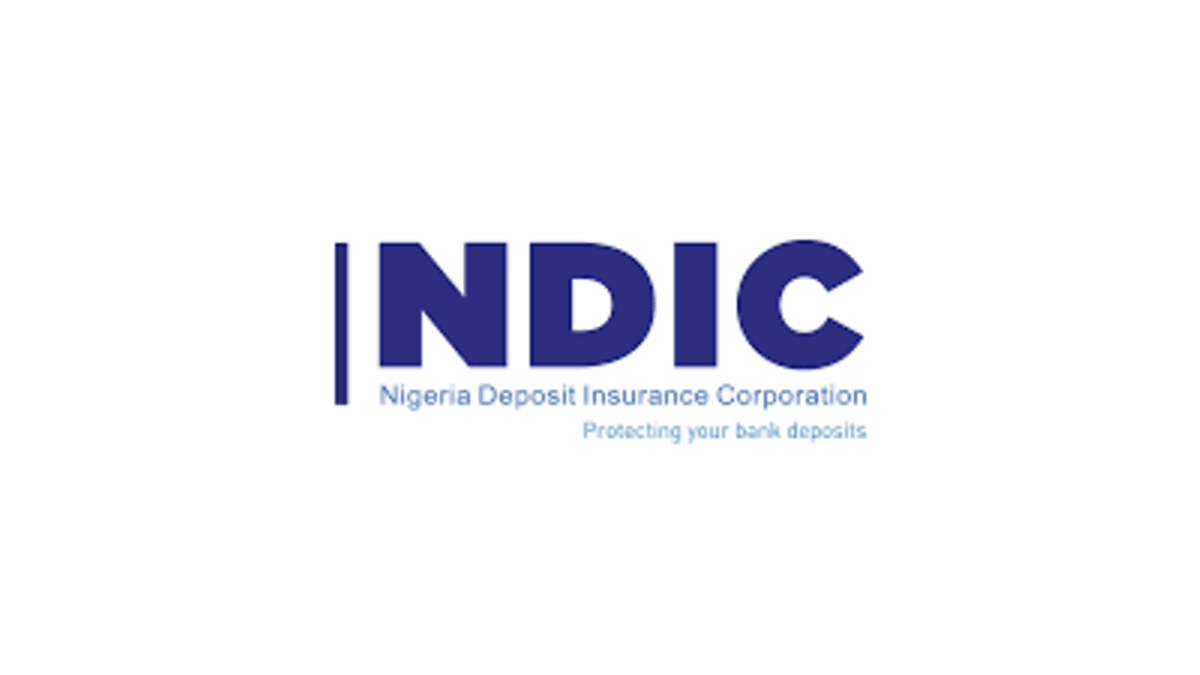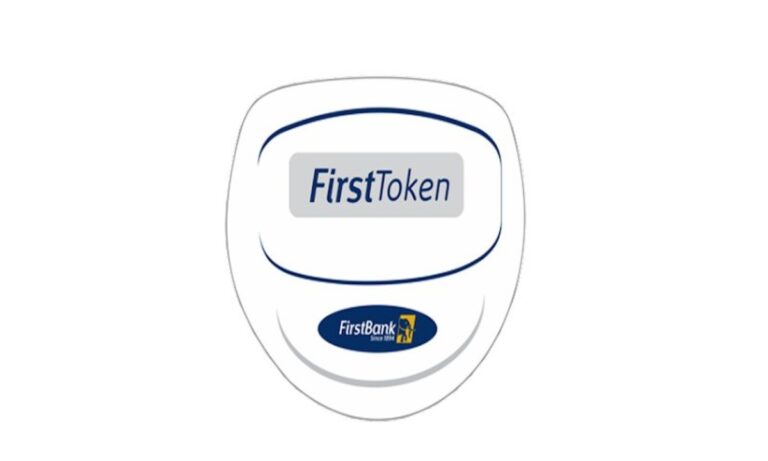Understanding the Role of NDIC
Are you aware of why your bank urges you to trust that your savings are secure? It’s because they have insurance, which assures you that your money is protected in case something unexpected happens. Do you know which organization provides this insurance to financial institutions in Nigeria? If you already know, that’s great, but if not, don’t worry. I can tell you that banks and other institutions that offer banking services are insured by the Nigeria Deposit Insurance Corporation (NDIC).
Therefore, in our discussion, our interest will be a comprehensive look at what NDICs do and how they do it. Enjoy as you read through the post!
Advertisement
Also, check out Democracy Problems in Nigeria.
What is NDIC?
NDIC stands for the National Deposit Insurance Corporation. It is an organization created to monitor and safeguard the financial assets of the banking sector. Also, it is an organization under the oversight of the Nigeria Finance ministry but, it is autonomous.
History of NDIC
The Nigeria Deposit Insurance Corporation (NDIC) was established on June 15, 1988, following the promulgation of Decree No. 22 of 1988, now known as the NDIC Act, to strengthen the safety net for the newly liberalized banking industry in Nigeria.
Advertisement
The primary objective of NDIC is to provide a guarantee for the payment of insured deposits to customers of insured banks in the event of a bank failure. The deposit insurance coverage is currently up to a maximum of ₦500,000 per depositor per bank, while ₦200,000 for depositors in MFB.
NDIC is also responsible for promoting a safe, sound, and stable banking system in Nigeria. The Corporation achieves this through its regular bank examination activities, which ensure that banks comply with prudential guidelines and regulations and by implementing measures to facilitate prompt resolution of failed banks.
Over the years, NDIC has taken several measures to enhance the effectiveness of its deposit insurance system. For one, they introduced a risk-based supervision framework. Also, it implements an early warning system and strengthens its legal and regulatory framework to enable it to effectively discharge its mandate.
As of 31st December 2020, NDIC has insured about 35.9 million deposit accounts in 1,242 insured financial institutions, comprising 27 Deposit Money Banks, five merchant banks, and ten non-interest banks.
What does NDIC do?
The functions of NDIC are few but influential in creating a credible and proper banking system in Nigeria. Some of the functions of NDIC include:
Provide Insurance
The NDIC is an insurance bank for banks in Nigeria. Every licensed bank and financial institution in Nigeria gets its deposit liabilities insured by the NDIC.
Check and Balance Banking Activities
The NDIC gives close monitoring to examine banking activities. They ensure that banking practices are consistent with the right approach to risk management and stability.
Bank Liquidation and Resolution
NDIC is responsible for the orderly resolution of failed banks. This includes taking over the management of a failed bank, paying depositors their insured funds, and resolving any outstanding issues.
NDIC also works closely with other regulators and stakeholders to ensure that failed banks are resolved in a timely and efficient manner.
Risk Assessment and Management
NDIC conducts risk assessments of insured banks to identify potential risks to their operations and the banking system as a whole. NDIC also provides risk management guidance to banks to help them mitigate risks and improve their overall performance.
Offer Assistance
As a banking institution to other banks, the NDIC helps aid ailing banks at the brink of failure or difficulties.
Assist in developing monetary policies
The NDIC plays a crucial role in decisions involving enacting and reviewing monetary policies.
Research and Capacity Building
NDIC researches various aspects of the banking system to identify trends, issues, and best practices. The corporation also provides training and capacity-building programs for its staff and other stakeholders in the banking system.
Also, check out Promoting National Consciousness in Nigeria.
How does NDIC cover the Banks?
Let me explain how the NDIC provides insurance to banks under their management. I will avoid using technical jargon and mumbles in communicating this to you. Instead, I will explain the process to you like a ten-year-old kid. Pay attention as I explain to you.
The Nigeria Deposit Insurance Corporation (NDIC) provides deposit insurance for banks in Nigeria through a risk-based premium assessment system. This means that banks pay premiums to NDIC based on the risk associated with their operations.
In essence, the Nigeria Deposit Insurance Corporation (NDIC) is similar to a big piggy bank that collects money from banks in Nigeria to protect people’s money in case the bank fails or can’t pay back people’s money.
Furthermore, the banks in Nigeria have to pay money to the NDIC based on how safe or risky they are. If a bank is not doing well, they have to pay more money to the NDIC. But if a bank is doing well and is safe, they don’t have to pay as much money to the NDIC.
If a bank fails, the NDIC will use the money it collected from the bank and other banks to pay people back their money up to a certain amount. This is like how your parents may use their savings to buy you a new toy if your piggy bank is not enough to pay for it.
The premium paid by each bank is calculated as a percentage of its total deposit liabilities. Currently, the premium rate is set at 0.5% of a bank’s total deposit liabilities per annum.
Finally, it is crucial to understand that every bank and financial in Nigeria must be a member of the NDIC. Also, the membership is open to other banks aside from commercial banks, banks such as Micro-finance Banks (MFBs), Payment Service Banks (PSBs), and Primary Mortgage Institutions (PMIs) are also eligible.
The registration guarantees assurance for the customers and investors securing the service of the registered banks.
To check the list of licensed banks insured by NDIC, click here. Also, you can verify whether a bank is insured, make complaints, or whistle-blow illegal banking activities by clicking here.
Conclusion
All parties involved in the Nigerian banking system should be aware of the NDIC’s function since it promotes the growth and development of a secure and stable financial system.
The NDIC’s deposit insurance program has contributed to greater consumer trust in the banking industry and helped safeguard depositors’ money.
The corporation’s initiatives to advance ethical business conduct, openness, and reliable risk management procedures have also improved the stability and resiliency of the financial sector.
Before you go, check out The Nigerian Stock Exchange.






